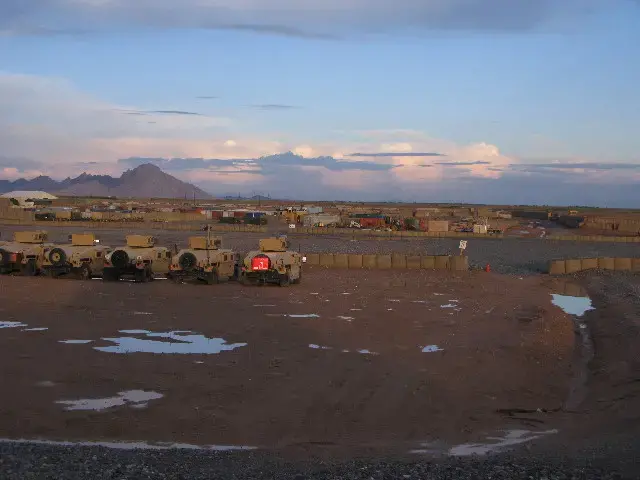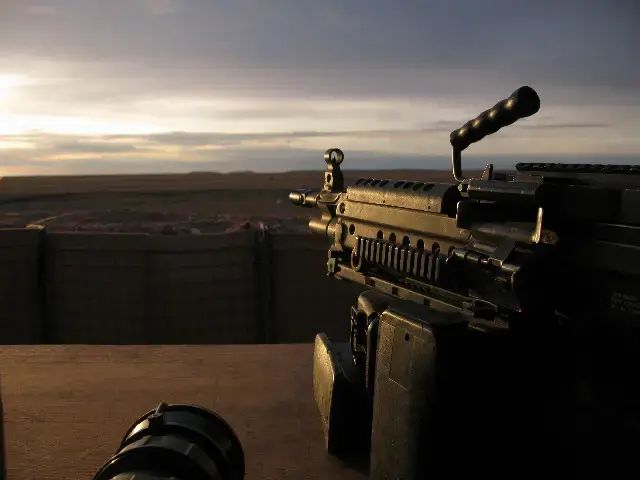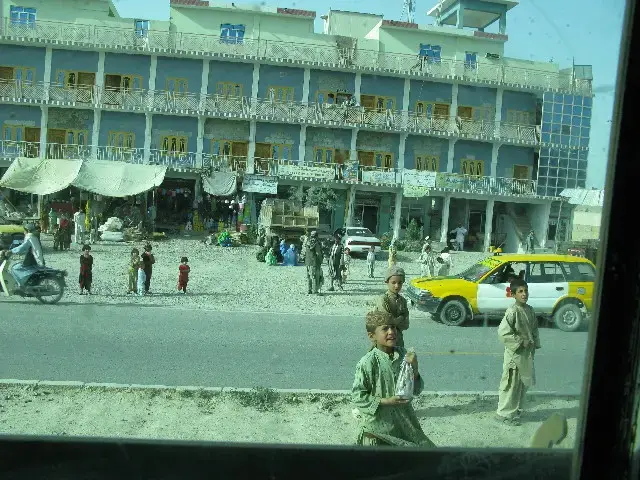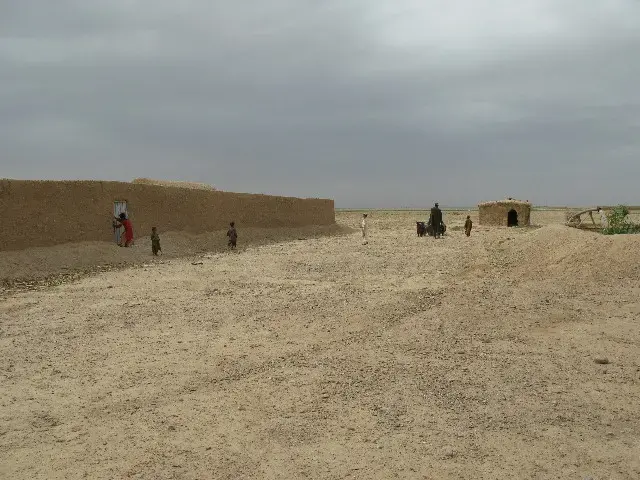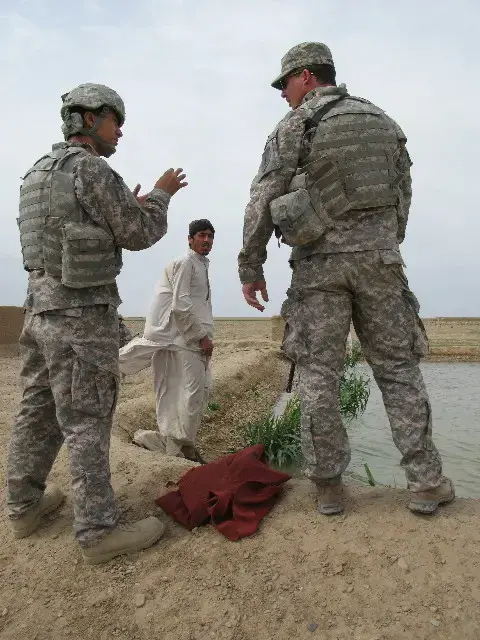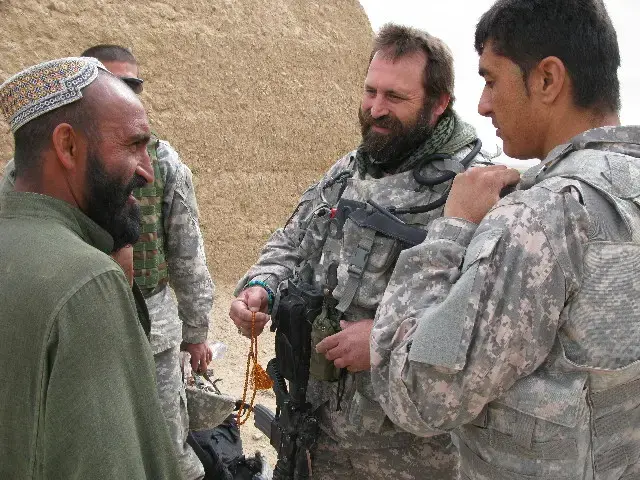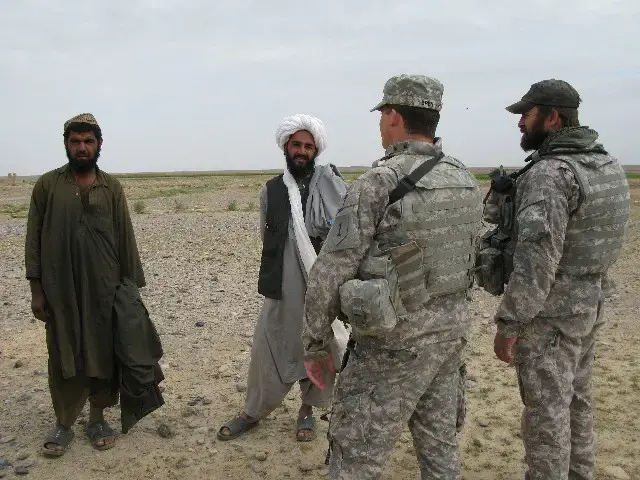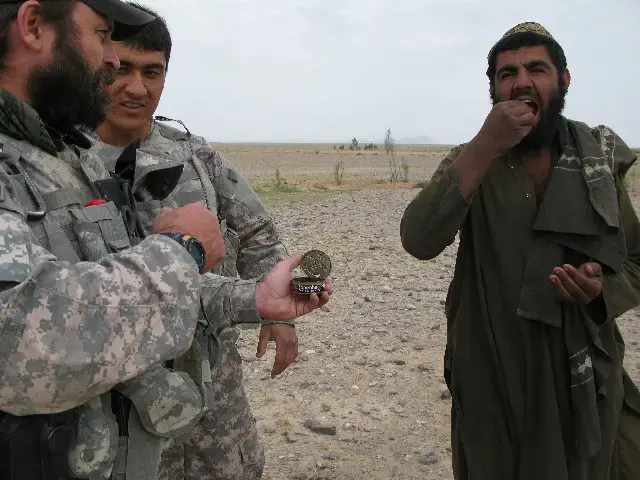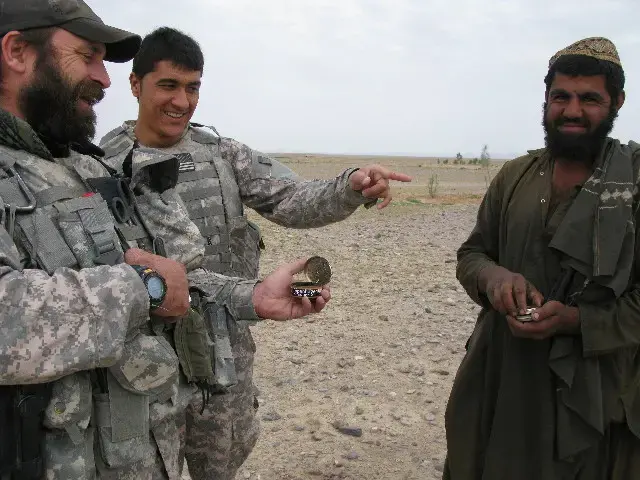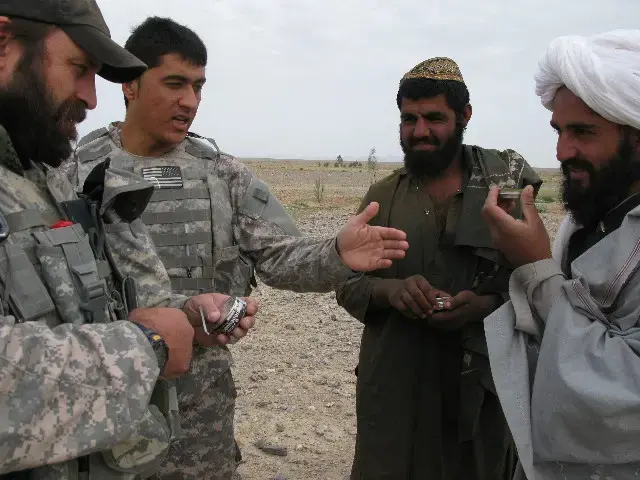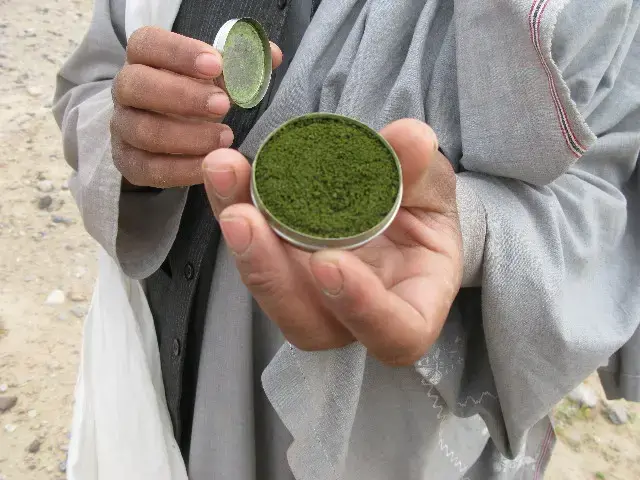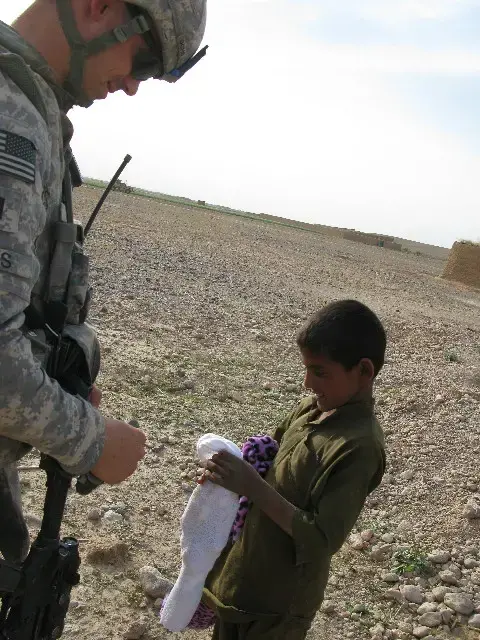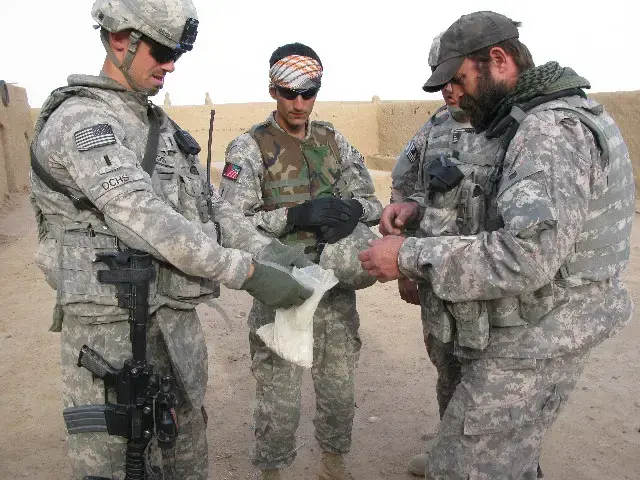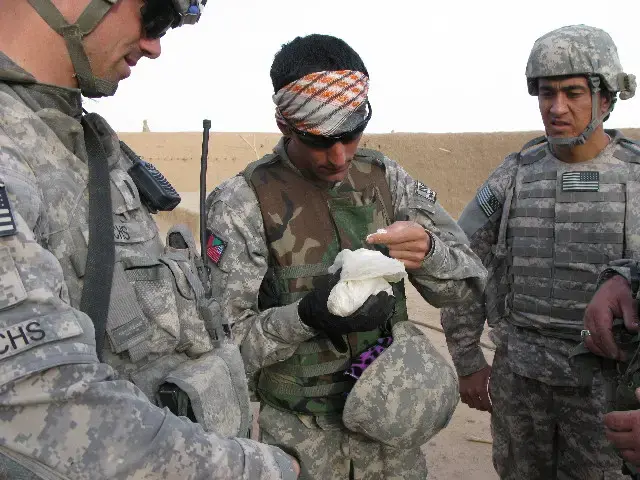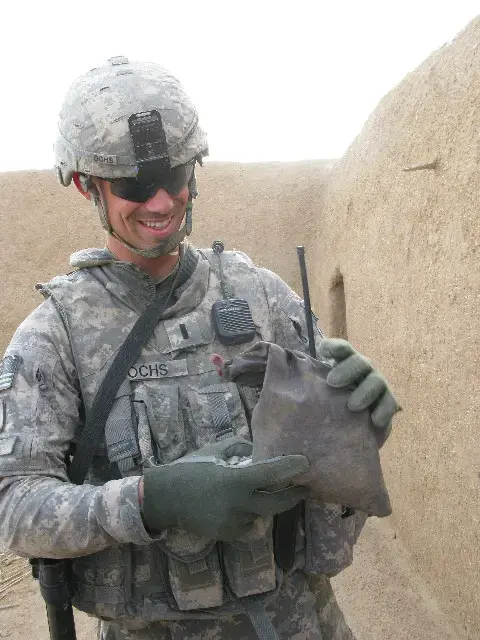One April afternoon, Lt. David Ochs, an earnest 23-year-old from Charlottesville, prepared to hand out humanitarian aid in a village called De Kak Chopan near the Helmand border. Churches and other groups had sent his platoon heaps of donated goods, but he had a hard time giving them away. At least one Afghan had begged Ochs to take his charity elsewhere, saying the Taliban would cut off his head if they learned he had accepted anything from the Americans.
By now Ochs had a giant trash bag piled chest-high with children's clothes and other donations from well-meaning Americans, so he'd come up with a new idea. A donor had sent the soldiers far too many pairs of white athletic tube socks. Ochs and the others had stuffed the socks with candy and toiletries and knotted them at the top so they looked like bulky white worms. Their plan was to toss the candy-stuffed socks to children, who were more likely to take things from soldiers than adults were. They also had some brightly colored children's fleece scarves, donated by a Girl Scout troop (some were purple with a black jungle print, and said "Cheetah Girls!" on them).
Ochs, a member of the Second Battalion, Second Regiment of the First Infantry Division, known as Task Force 2-2, acknowledged that basic training hadn't prepared him for the fight he encountered in Maywand. He'd been convinced that if the U.S. forces could just build a school and start educating Afghan children, they'd be well on their way to transforming the political landscape of the south. But in his eight months on the ground, his frustration and disappointment had grown. Most of the villagers he met were so scared of the Taliban that they didn't even want to be seen talking to the Americans, let alone accepting something as radical as a school.
As Ochs briefed his platoon before setting off for De Kak Chopan, his frustration showed. He asked the soldiers to state the patrol's aim.
"Give stuff out," one man said.
"Right, humanitarian aid," Ochs said. "What else? Try and give away a free school that nobody wants, right? Beautiful."
Ochs liked having members of the Human Terrain team along on his patrols. Too often, he said, soldiers like him would roll into a village and ask, "Have you seen any Taliban? Has anybody come in the area and threatened you? Is there anybody we can kill for you?" The Human Terrain Team members, meanwhile, asked about things like the health of crops, the water table and what tribes people came from. This approach opened Afghans up, making them more likely to speak freely and take an interest in what the soldiers were doing.
"I got to worry about whether we're going to get attacked or where we're going to get ambushed from…and so by the time we get there, the last thing I want to do is talk to some guy about how he's doing and how the crops are doing," said Ochs. "So I think [creating the Human Terrain project] was a really smart move by the Army…. You don't have Greenpeace fight your wars, you know? And you don't want the guys fighting the wars doing the Greenpeace job."



